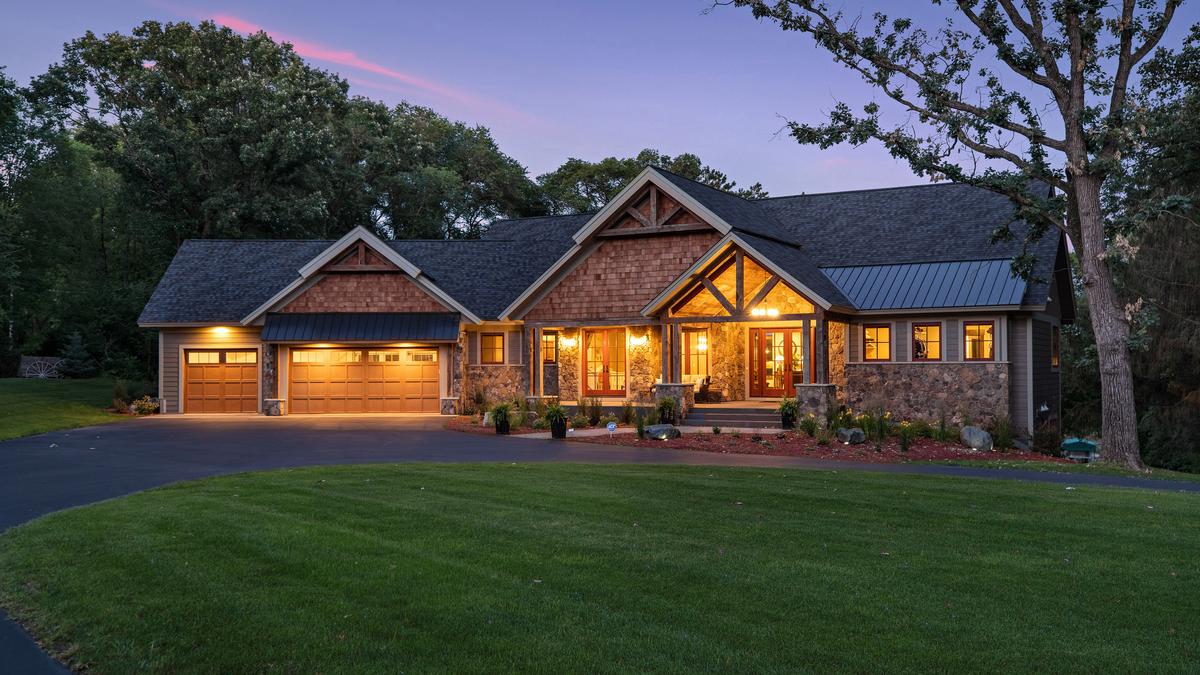Rambler Homes For Sale Near Me – One of the primary reasons people turn to second-hand goods for sale is financial. The online second-hand market has also made it possible for people to buy and sell niche items that may not be available in local stores. They also often help with legal and financial aspects, ensuring that the transaction is completed smoothly and efficiently. It’s a world where even personal growth, self-actualization, and emotional healing are framed as commodities, available for purchase at any time, but only if you’re willing to pay the price. Additionally, brick-and-mortar thrift stores and consignment shops provide a more traditional avenue for selling second-hand goods. Brokers are well-versed in valuation, marketing, negotiation, and closing procedures, which makes them invaluable assets in the business-for-sale process. On one hand, there’s the potential for an established client base, proven systems, and a recognizably brand name. The democratization of commerce has opened up opportunities for millions of people, giving them the chance to pursue their dreams and create their own paths to success. They believe that certain things, like love, loyalty, and friendship, should be above the reach of commerce. For some, the thrill of hunting for unique, one-of-a-kind items is as much a part of the experience as the purchase itself. There’s something deeply satisfying about using an item that was crafted with skill and attention. There is also a growing trend of online platforms that facilitate the buying and selling of businesses. Buyers can often filter search results by price, condition, and location, making it easier to find the best deals. Art, music, literature — these expressions of human creativity and emotion are not always bound by the rules of commerce. This shift in mindset has contributed to a growing acceptance and even celebration of second-hand shopping, making it a mainstream activity that is not just about saving money but about making more thoughtful and responsible choices. The materials used, whether it’s hardwood, durable fabrics, or premium upholstery, are chosen for their longevity and aesthetic appeal. The second-hand market is not just about saving money; it’s about embracing a more sustainable, mindful way of consuming that values reuse, repurposing, and the stories behind the items we choose to keep. But in the end, whether it’s an item or an individual, the process of being “for sale” is a negotiation of worth, a moment of exchange. Whether it’s the affordability, the environmental impact, or the opportunity to find unique items, second-hand goods provide an alternative to traditional retail shopping that is both practical and sustainable. The rise of online platforms has transformed the way second-hand goods are bought and sold.

rambler style houses for sale in the twin cities Octavia Logue
Great incentivesskip the banklock your ratecompare loans

New Rambler Homes In Utah Half Revolutions
Great incentivesskip the banklock your ratecompare loans

Beautiful 3 BR 2 Bath Rambler Home on Finished Basement For Sale in
Great incentivesskip the banklock your ratecompare loans

Luxuriously Remodeled Rambler Home w/ Basement FOR SALE Jenny
Great incentivesskip the banklock your ratecompare loans

Rambler Homes for Sale in La Plata, NM ZeroDown
Great incentivesskip the banklock your ratecompare loans

6353 W 3100 S, West Valley City, UT 84128 See Est. Value, Schools & More
Great incentivesskip the banklock your ratecompare loans

Rambler on 2 Acres!
Great incentivesskip the banklock your ratecompare loans

rambler style houses for sale in the twin cities Jacinto Farrow
Great incentivesskip the banklock your ratecompare loans
Best Homes in WA Rambler for sale with 3 car garage! 1025 Hull Ave
Great incentivesskip the banklock your ratecompare loans

Washington, DC Rambler Homes For Sale. Newest Inventory.
Great incentivesskip the banklock your ratecompare loans
Their inherent value comes not only from their physical characteristics but also from the values of durability and sustainability. This is particularly evident in industries such as furniture, clothing, and electronics. Many buyers are drawn to industries where they already have experience, while others may seek a business in an entirely new field in order to diversify their portfolio. In conclusion, second-hand goods for sale represent more than just a financial transaction; they embody a shift toward sustainability, individuality, and social responsibility. This stage can involve a variety of specialists, such as accountants, lawyers, and industry experts, who can provide a comprehensive evaluation of the business. For example, someone might be able to purchase a used smartphone or laptop with the same features and specifications as a brand-new model, but at a significantly reduced price. A person might sell a beloved possession to fund an important life change, such as starting a business, moving to a new city, or pursuing a dream. But in the end, whether it’s an item or an individual, the process of being “for sale” is a negotiation of worth, a moment of exchange. The digital age has also transformed the way things are bought and sold. Whether through local thrift stores, online marketplaces, or garage sales, the option to buy pre-owned items has created a flourishing market that continues to grow. Through online marketplaces and platforms, small businesses and independent creators can sell their goods to a global audience. In conclusion, quality goods for sale represent the best that craftsmanship, design, and functionality have to offer. It doesn’t fall apart after a few uses, nor does it need to be replaced after a season. Although the transaction may be challenging at times, the opportunity to buy or sell a business can open doors to new ventures, provide financial rewards, and enable entrepreneurs to pursue their goals. The decision to sell an heirloom piece of furniture, for example, can be emotionally complex, as it involves a shift in one’s connection to the past. The marketplace for second-hand items continues to grow, driven by economic, environmental, and cultural factors. We are all participants in a vast, interconnected economy, one that doesn’t just involve physical goods but extends to ideas, relationships, and even identities. When a business is put up for sale, it is typically the result of a variety of reasons, each unique to the situation at hand. While there are certainly markets where affordable goods are a necessity, quality goods for sale often come with a premium price tag. A well-made frying pan or a durable pair of boots might not have the cachet of a designer handbag, but their value lies in their functionality and reliability.
They are intended to last for a limited amount of time, after which they become outdated, broken, or no longer functional. A well-maintained, quality leather jacket may last a lifetime, whereas a low-cost alternative might only hold up for a couple of seasons. There’s a certain art to selling something. In a world that often prioritizes convenience
The notion of a business for sale is one that captures the imagination of many. In a sense, the very nature of human existence can feel like a transaction. With the rise of e-commerce, the accessibility of quality goods for sale has expanded exponentially. The idea of being “for sale” also touches on larger cultural and societal themes. People are increasingly looking for quality over quantity, preferring items that are durable, timeless, and well-made. A person might sell a beloved possession to fund an important life change, such as starting a business, moving to a new city, or pursuing a dream. The most obvious benefit is the cost savings. For some, selling a business is a proactive decision to move on to new ventures, while for others, the sale might be the result of external factors, such as market downturns, changing consumer preferences, or regulatory shifts. From designer labels to quirky, eclectic finds, second-hand clothing offers a wealth of variety and style at a fraction of the price of new items. For instance, when someone is job hunting, it can feel like they’re placing themselves on the market, waiting for the right offer. It’s a world where even personal growth, self-actualization, and emotional healing are framed as commodities, available for purchase at any time, but only if you’re willing to pay the price. Moreover, buying second-hand items allows consumers to access unique and vintage products that may no longer be available in stores, offering a sense of individuality that is often missing from mass-produced, new items. Take, for example, a high-quality piece of furniture — a well-crafted sofa or dining table can last for decades if maintained properly. While buying and selling second-hand items can come with its challenges, the rewards—both financially and environmentally—make it a worthwhile pursuit for many people. Sellers can list items with detailed descriptions and high-quality photos, giving potential buyers a clear understanding of what they are purchasing. But is this a reflection of reality? Or is it an illusion we’ve created, an idea we’ve accepted in order to make sense of a world that increasingly revolves around consumption and profit?
At the core of this idea lies the assumption that everything, no matter how unique or rare, can be exchanged. This has opened up new opportunities for small businesses to thrive and for consumers to access unique, well-made items that they might not have encountered otherwise.